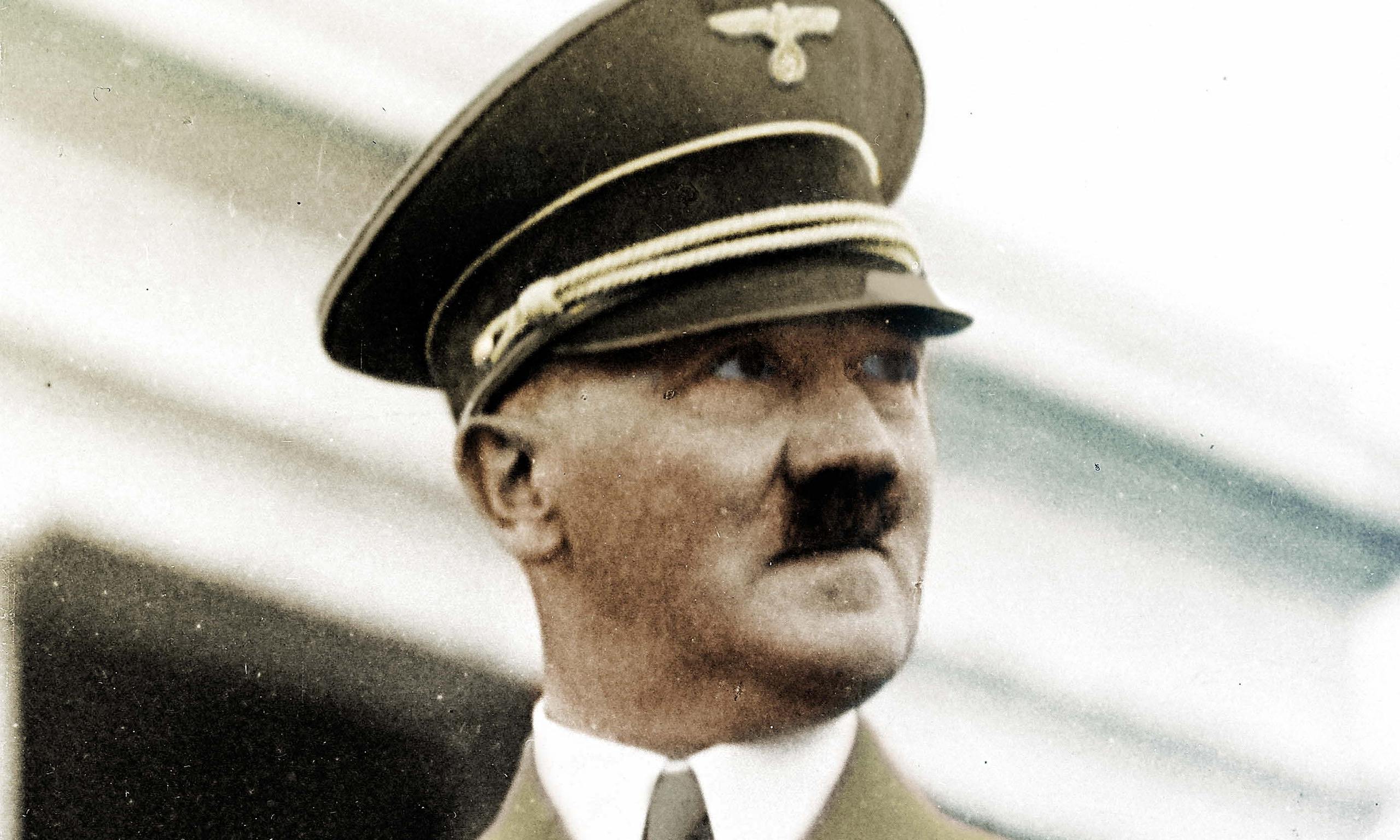The Life and Legacy of Adolf Hitler

Adolf Hitler remains one of the most infamous figures in history, known for his role as the dictator of Nazi Germany and the architect of World War II and the Holocaust. This article provides a comprehensive look into his life, career, and the lasting impact he has had on the world.
Quick Facts
| Detail | Information |
|---|---|
| Full Name | Adolf Hitler |
| Date of Birth | April 20, 1889 |
| Age (at death) | 56 years |
| Occupation(s) | Dictator, Politician |
| Nationality | Austrian |
| Height | 5'8" (173 cm) |
| Net Worth (1945) | Not applicable |
| Source of Wealth | Political power |
| Parents | Alois Hitler, Klara Hitler |
| Marital Status | Married |
| Spouse | Eva Braun |
| Education | High School dropout |
| Known for | Leading Nazi Germany, WWII |
| Major Awards | None |
Early Years
Adolf Hitler was born on April 20, 1889, in Braunau am Inn, Austria. He was the fourth of six children born to Alois Hitler and Klara Pölzl. His early life was marked by a series of family tragedies, including the deaths of several of his siblings. Hitler had a troubled relationship with his authoritarian father, and his aspirations to become an artist were thwarted.
Childhood and Education
As a young boy, Hitler was reportedly quiet and well-behaved, participating in his church choir and even considering a career in the priesthood. His academic performance was mediocre, and he eventually dropped out of high school without completing his studies.
The Rise of a Dictator
Early Political Involvement
Hitler's political career began after World War I, where he served as a soldier and experienced the turmoil and defeat of Germany. He joined the German Workers' Party (DAP) in 1919, which later became the National Socialist German Workers' Party (NSDAP), commonly known as the Nazi Party. His oratory skills and propaganda attracted a significant following, leading to his rise within the party ranks.
The Path to Power
In 1923, Hitler attempted a coup known as the Beer Hall Putsch, which failed and resulted in his imprisonment. During his time in prison, he wrote "Mein Kampf," outlining his ideology and future plans for Germany. By 1933, leveraging economic instability and public discontent, Hitler was appointed Chancellor of Germany. He swiftly consolidated power, eliminating political opposition and establishing a totalitarian regime.
World War II and the Holocaust
Under Hitler’s rule, Germany's aggressive expansionist policies led to the outbreak of World War II in 1939. His regime perpetrated the Holocaust, systematically exterminating six million Jews and millions of others deemed undesirable. His leadership brought unprecedented destruction and human suffering.
Financial Overview
Adolf Hitler's wealth was not derived from conventional means but from his absolute control over the state and its resources. While exact figures of his personal fortune are unknown, he amassed wealth through various means, including the royalties from "Mein Kampf," financial contributions from supporters, and the expropriation of assets from those persecuted by the regime.
Personal Life
Relationships
Hitler's personal life was shrouded in secrecy. He had a long-term relationship with Eva Braun, whom he married in the Führerbunker on April 29, 1945, just a day before their joint suicide. His public image was carefully controlled, portraying him as a singularly devoted leader to the German people.
Public Perception
In the media, Hitler was depicted as both a savior of Germany and a monstrous dictator. Propaganda played a crucial role in maintaining his image, though he also faced significant opposition and resistance from various quarters, both domestically and internationally.
End of an Era
As the Allies closed in on Berlin in April 1945, Hitler's regime was on the brink of collapse. Refusing to surrender, Hitler and Eva Braun committed suicide on April 30, 1945. Their bodies were reportedly burned to prevent them from being desecrated by advancing Soviet troops.
Legacy and Impact
Adolf Hitler's legacy is one of profound tragedy and destruction. His vision of a racially pure and dominant Germany led to widespread devastation and the loss of millions of lives. The aftermath of his rule reshaped the global political landscape, leading to the establishment of the United Nations and a renewed commitment to human rights and international cooperation to prevent such atrocities from occurring again.
Frequently Asked Questions
1. What were Adolf Hitler's early ambitions?
- Hitler initially aspired to become an artist and even applied to the Academy of Fine Arts Vienna, where he was rejected twice.
2. How did Hitler rise to power?
- Hitler leveraged economic instability, public discontent, and his oratory skills to gain support. He was appointed Chancellor in 1933 and quickly established a totalitarian regime.
3. What was the significance of "Mein Kampf"?
- "Mein Kampf" was Hitler’s autobiographical manifesto, outlining his ideology and future plans for Germany. It became a central text for the Nazi movement.
4. How did Hitler's rule come to an end?
- Hitler's rule ended with his suicide on April 30, 1945, as Allied forces closed in on Berlin, marking the fall of Nazi Germany.
5. What was the impact of Hitler’s policies?
- Hitler’s policies led to World War II and the Holocaust, causing unparalleled destruction and the deaths of millions, fundamentally altering world history.
6. Did Hitler have any children?
- No, Adolf Hitler did not have any children.
7. How is Hitler viewed in history today?
- Hitler is universally condemned for his brutal dictatorship, genocidal policies, and the massive suffering he inflicted during World War II.
This article aims to provide a comprehensive understanding of Adolf Hitler’s life, career, and the profound impact he had on the world. His legacy serves as a somber reminder of the consequences of totalitarianism and the importance of vigilance in protecting human rights and democratic values.